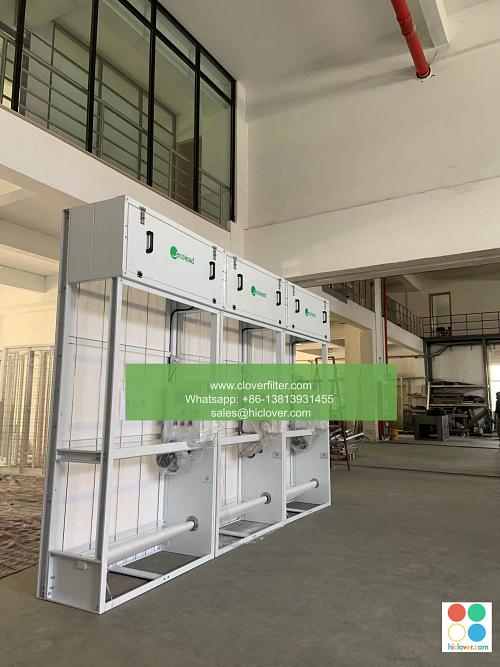Air Filter Durability: The Impact on Building Maintenance Costs

Air filter durability is a critical factor in maintaining good indoor air quality, reducing energy consumption, and minimizing building maintenance costs. In this article, we will discuss the importance of air filter durability, its impact on building maintenance costs, and highlight various application areas where durable air filters can make a significant difference.
Introduction to Air Filter Durability
Air filter durability refers to the ability of an air filter to withstand the rigors of continuous use, maintain its structural integrity, and continue to perform efficiently over an extended period. A durable air filter is designed to capture airborne particles, including dust, pollen, and other contaminants, without compromising its performance or requiring frequent replacements. High-quality air filters with advanced nanofiber technology and electrostatic charging can provide exceptional durability and filtration efficiency.
Impact on Building Maintenance Costs
The durability of air filters has a significant impact on building maintenance costs. Replacing air filters frequently can be a costly and time-consuming process, especially in large commercial buildings or industrial facilities. HEPA filters and ULPA filters are commonly used in these applications due to their high filtration efficiency and durability. By using durable air filters, building owners and facilities managers can reduce the frequency of replacements, lower labor costs, and minimize the environmental impact of disposable filters.
Application Areas for Durable Air Filters
Durable air filters have a wide range of applications in various industries, including:
- Commercial HVAC systems: Durable air filters can help reduce energy consumption, improve indoor air quality, and minimize maintenance costs in commercial buildings.
- Industrial facilities: High-quality air filters with advanced filtration media can withstand the harsh conditions found in industrial facilities, such as high temperatures, humidity, and airborne contaminants.
- Healthcare facilities: Durable air filters with antimicrobial properties can help prevent the spread of infections and maintain a healthy indoor environment in hospitals, clinics, and other healthcare facilities.
- Residential buildings: Durable air filters can improve indoor air quality, reduce allergy symptoms, and minimize maintenance costs in residential buildings, including apartments, condos, and single-family homes.
Benefits of Durable Air Filters
The benefits of durable air filters are numerous, including:
- Reduced maintenance costs
- Improved indoor air quality
- Increased energy efficiency
- Minimized environmental impact
- Extended filter life
Conclusion
In conclusion, air filter durability is a critical factor in maintaining good indoor air quality, reducing energy consumption, and minimizing building maintenance costs. By using durable air filters with advanced technologies, such as nanofiber technology and electrostatic charging, building owners and facilities managers can reduce the frequency of replacements, lower labor costs, and minimize the environmental impact of disposable filters. Whether in commercial, industrial, healthcare, or residential applications, durable air filters can make a significant difference in maintaining a healthy and sustainable indoor environment. It seems like you’re ready to start a conversation or ask a question, but you haven’t provided any details yet. What’s on your mind? Would you like to talk about a specific topic, ask for advice, or just chat?


